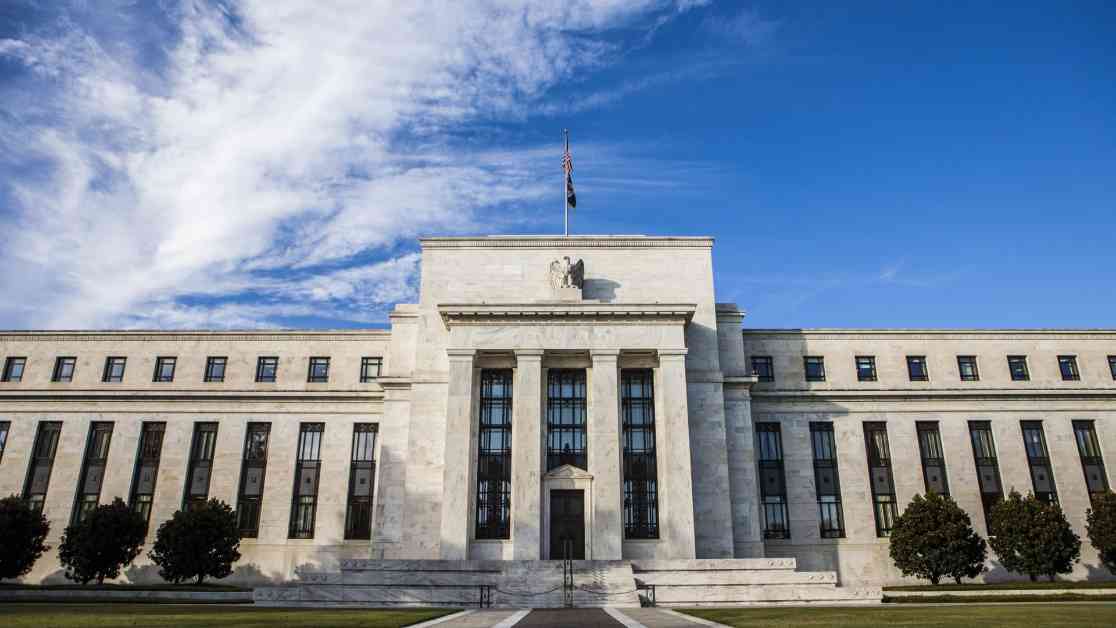Federal Reserve Faces Lawsuits from Major Banks Over Stress Tests
A group of major banks, including JPMorgan, Citigroup, and Goldman Sachs, along with various business groups, have taken legal action against the Federal Reserve over the annual bank stress tests. The Bank Policy Institute, a representative body for big banks, has joined forces with the American Bankers Association, the Ohio Bankers League, the Ohio Chamber of Commerce, and the U.S. Chamber of Commerce to file a suit against the Fed. The aim of the lawsuit is to address what they claim are long-standing legal violations by subjecting the stress test process to public input, as required by federal law.
Challenges with the Stress Test Process
While the groups do not necessarily oppose stress testing, they argue that the current process is inadequate and results in unpredictable and unexplained requirements and restrictions on bank capital. CNBC had previously reported on the plans to file the lawsuit. The Fed’s stress test is a yearly evaluation that compels banks to maintain sufficient reserves for potential bad loans and determines the extent of share repurchases and dividends.
After the market closed on Monday, the Federal Reserve released a statement indicating its intention to make changes to the bank stress tests. The Fed plans to solicit public feedback on what it describes as “significant changes” aimed at enhancing the transparency of the stress tests and reducing the fluctuation of resulting capital buffer requirements. The decision to modify the tests was influenced by “the evolving legal landscape,” with reference to changes in administrative laws in recent times. The Fed, however, did not provide specifics regarding alterations to the stress tests’ framework.
Reactions and Future Steps
While the major banks are likely to perceive the proposed changes as a victory, concerns remain regarding whether the alterations will adequately address the banks’ issues with stringent capital requirements. The Fed clarified that these proposed changes are not intended to substantially impact overall capital requirements. BPI CEO Greg Baer expressed appreciation for the Fed’s announcement, stating that it marks a crucial move towards transparency and accountability. Baer hinted at potential further actions, mentioning that they are assessing the announcement closely and contemplating additional measures to ensure timely reforms that align with legal requirements and sound policies.
Past Concerns and Allegations
Groups such as the Bank Policy Institute and the American Bankers Association have previously raised objections to the stress test process, arguing that it lacks transparency and has led to heightened capital regulations that impede bank lending and economic growth. Earlier this year, these groups accused the Fed of violating the Administrative Procedure Act by failing to seek public opinion on stress scenarios and keeping supervisory models confidential.
In conclusion, the lawsuit against the Federal Reserve by major banks and business organizations signals a significant development in the ongoing debate over the efficacy and fairness of the annual stress tests. The outcome of this legal action and the Fed’s proposed changes will undoubtedly have far-reaching implications for the banking industry and regulatory landscape.
















